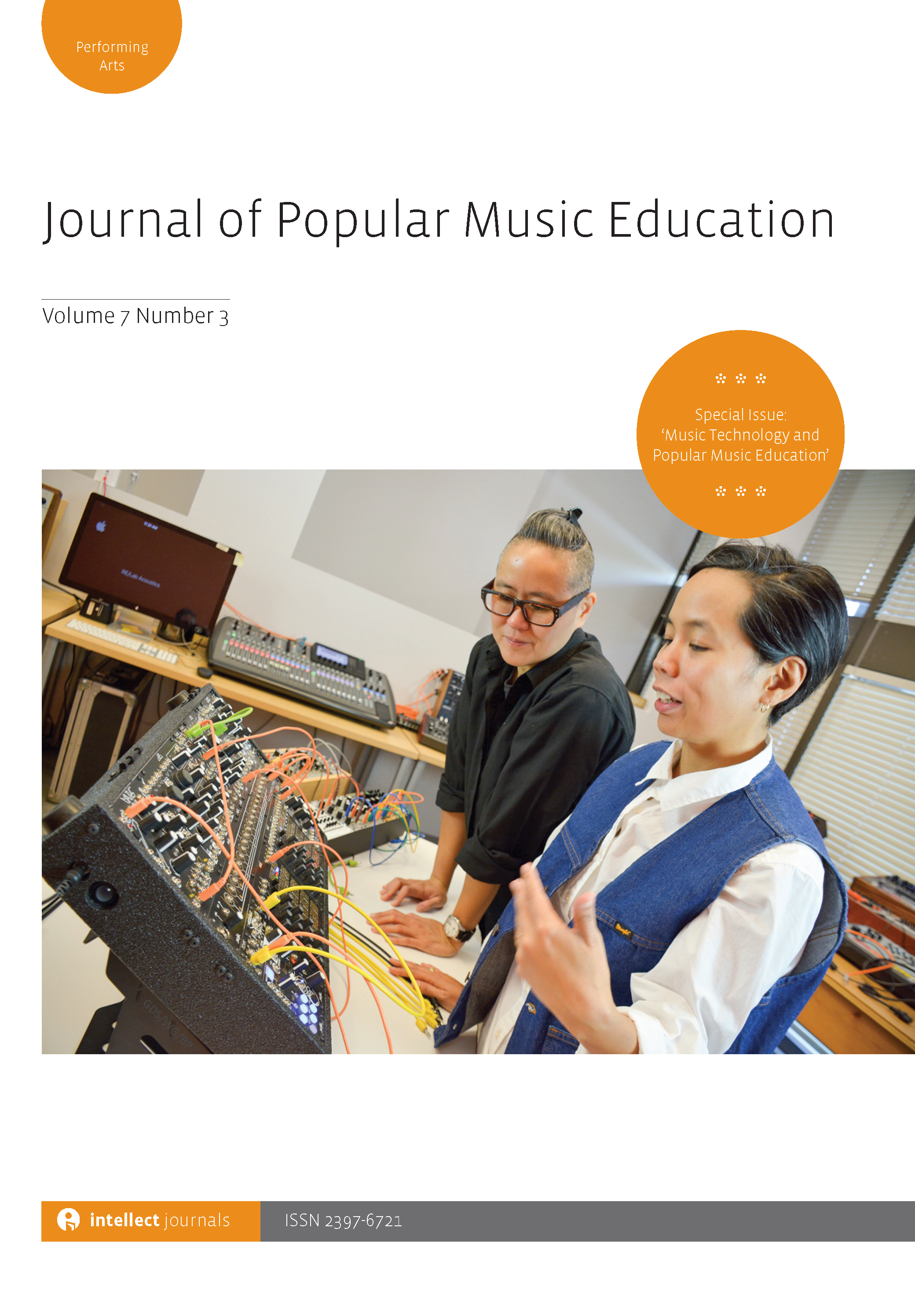
Full text loading...
 , Jonathan Edan Dillon2
, Jonathan Edan Dillon2
Music Will/Little Kids Rock has been a key player in the growth of K-12 popular music education in the United States. The purpose of this article is to critically consider the material designed for curricular and instructional use by Little Kids Rock through a critical content analysis of publicly available resources and reports. We examine this material through dual lenses of care and neo-liberalism, as care has been framed as a counternarrative to neo-liberal discourse. Three key themes emerged during data analysis: hero narratives, mix-and-match aims and complex negotiations with neo-liberal values. We close by suggesting that attention be paid to the ways in which methods and practices that may seem to thwart hegemonic norms are often fraught with complexity, and we encourage continued critical reads of educational programming and curricula.

Article metrics loading...

Full text loading...
References


Data & Media loading...

Publication Date:
https://doi.org/10.1386/jpme_00121_1 Published content will be available immediately after check-out or when it is released in case of a pre-order. Please make sure to be logged in to see all available purchase options.